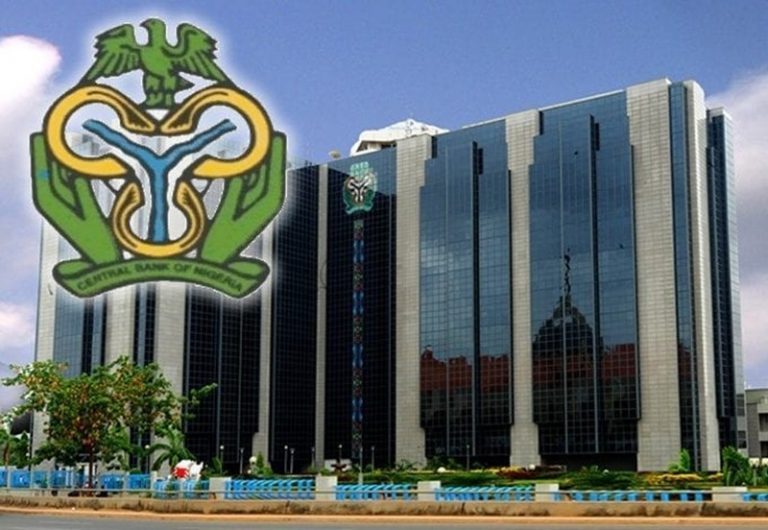
The Central Bank of Nigeria (CBN) has announced a series of strategic initiatives aimed at modernizing Nigeria’s financial sector and promoting financial inclusion.
Speaking at the Bankers Committee Annual Dinner held on November 29, 2024, CBN Governor Olayemi Cardoso outlined key initiatives aimed at transforming the nation’s financial service landscape in 2025.
These strategic priorities include implementing the open banking framework, promoting contactless payment systems, and expanding the regulatory sandbox, all of which are designed to deepen financial inclusion and enhance Nigeria’s payment ecosystem.
Register for Tekedia Mini-MBA edition 19 (Feb 9 – May 2, 2026): big discounts for early bird.
Tekedia AI in Business Masterclass opens registrations.
Join Tekedia Capital Syndicate and co-invest in great global startups.
Register for Tekedia AI Lab: From Technical Design to Deployment (next edition begins Jan 24 2026).
“In 2025, we will prioritize initiatives including implementing our open banking framework, advancing contactless payment systems, and expanding our regulatory sandbox. Additionally, we will issue revised guidelines for agency banking and continue to strengthen electronic payment channels”, he said.
Governor Cardoso emphasized that the open banking framework will be a central focus in 2025. Open banking enables secure data sharing between banks and third-party service providers, fostering innovation and opening up new opportunities within Nigeria’s burgeoning fintech ecosystem.
“Nigeria’s adoption of open banking is expected to catalyze the development of innovative financial products, improve service delivery, and enhance customer experiences,” Cardoso remarked. This framework, already gaining global traction, positions Nigeria to compete on the international stage while creating a more interconnected financial system.
As part of its drive to modernize payment systems, the CBN plans to advance contactless payment solutions to align with global trends. Cardoso highlighted the increasing adoption of these systems for retail transactions worldwide, noting their potential to reduce transaction times and promote cashless transactions. This initiative is especially geared toward Nigeria’s growing youth and tech-savvy population encouraging the adoption of modern payment technologies and fostering a seamless financial experience.
The expansion of the CBN’s regulatory sandbox will offer fintech startups and established institutions a controlled environment to test innovative solutions under regulatory oversight. Cardoso stated that the sandbox would focus on areas such as blockchain, artificial intelligence, and digital currencies. This initiative is expected to drive experimentation and creativity in the financial sector, enabling the introduction of groundbreaking products while ensuring compliance with regulatory standards.
The Apex Bank also announced plans to issue updated quidelines for agency banking, a key tool in extending financial services to underserved and rural areas. These revisions aim to improve operational efficiency, strengthen security, and enhance the reliability of agency banking networks as channels for financial inclusion.
The CBN’s 2025 agenda reflects its commitment to fostering a modern, resilient, and inclusive financial system. By prioritizing innovation, enhancing regulatory frameworks, and upgrading infrastructure, the apex bank aims to position Nigeria as a leader in digital finance across Africa.



